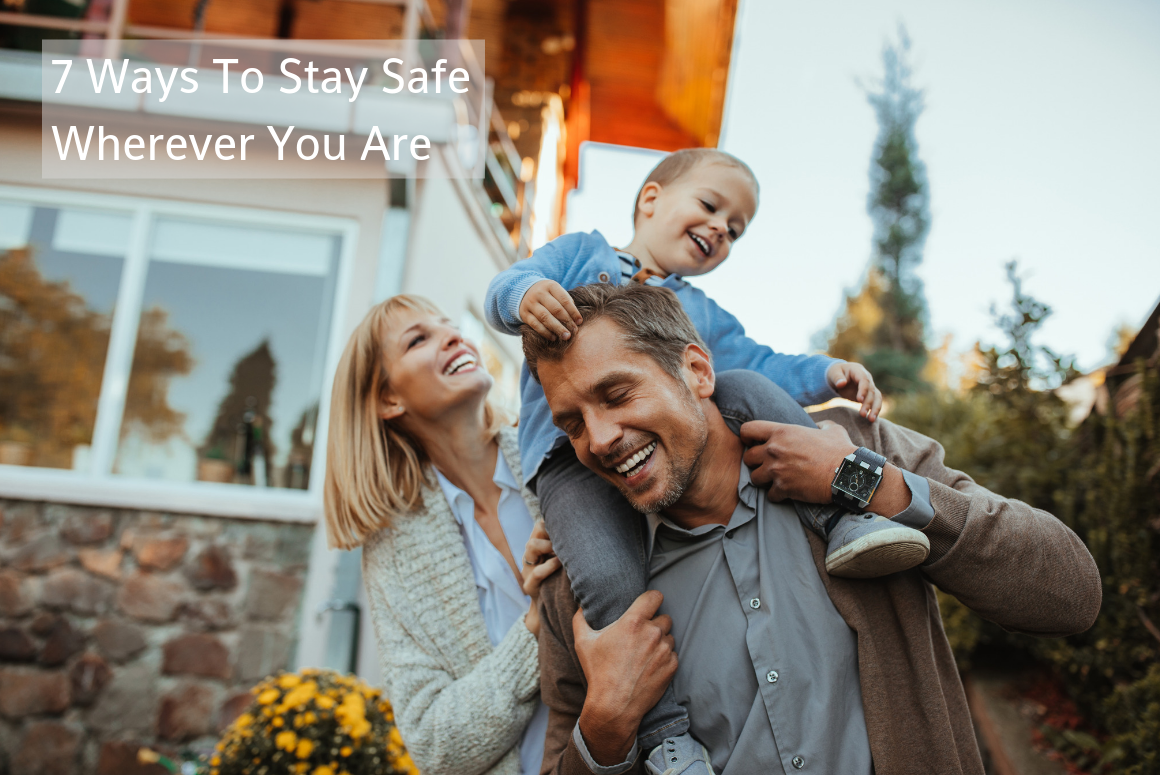We’ve said it many times before, that emergencies are considered emergencies because they’re unexpected, and with that comes the increased likelihood that, if/when one happens, you could be anywhere in your daily routine. Here are 7 ways to stay safe wherever you are:
- Have an emergency kit for every place and need: An emergency kit is only part of your emergency planning efforts but it’s an important one. As you put together your kit, think about where you spend the most time each day and how you move to and from all those places. You may wish to have a kit in each place or one that is versatile enough to serve more than one purpose (we love the pre-built kits from our partner, the Canadian Red Cross, that come in a sturdy backpack). If you have specialized needs, like medication or health requirements, include those in your kit supplies too.
- Teach kids about water safety: Whether you’re enjoying a summer vacation at the lake or your kids are enjoying some weekend pool time in the fall, water safety is an important topic to discuss before you head out. Actively supervise your kids in and around water, make sure they understand how to behave properly around water, including wearing a personal floatation device, avoiding horseplay, and always swimming with a buddy.
- Know what to do in an earthquake: If you live in a region potentially impacted by earthquakes, the likelihood that one will happen when you’re not at home is high. From general preparedness like knowing how to Drop, Cover, and Hold on, to preparing plans and kits for each place you spend the most time, knowing what to do in an earthquake wherever you are, means that’s one less thing to worry about if one happens.
- Plan two ways out of every building: The first step in fire safety is ensuring you have two ways out of every building or room you may find yourself in. Whether you’re at work, home, or school, or even an entirely unfamiliar location, make sure you know how to quickly get out in case of a fire or evacuation.
- Focus on pet safety: Pets are key family members and it’s important to keep their safety in mind at home, on walks, or at the dog park. Just like us, pets are affected by the different seasons, so keep your pet cool and hydrated in the summer, and warm in the winter, make sure they don’t get into food or items that can be toxic or a choking hazard, and watch out for wildlife too!
- Download mobile apps to stay informed: Weather apps are great day-to-day but they’re especially useful in times of severe weather to stay updated on where a storm might be headed, or whether there are evacuations in place. Consider local alert apps or even universal apps like those from the Red Cross or FEMA, both of which include alert services and preparedness resources.
- Learn CPR and First Aid: These are two skills that are priceless and applicable in any situation. Not only do you have the skills to support a victim in a medical emergency but you also gain the confidence to act in a situation that leaves many unable to help. Check out organizations that provide CPR and/or First Aid classes – you could even take them with family members so you’re all learning a new skill together!
Terms and Conditions
All content provided on this blog is for informational purposes only. The owner of this blog makes no representations as to the accuracy or completeness of any information on this site or found by following any link on this site. The owner will not be liable for any errors or omissions in this information nor for the availability of this information. The owner will not be liable for any losses, injuries, or damages from the display or use of this information. This policy is subject to change at any time.

